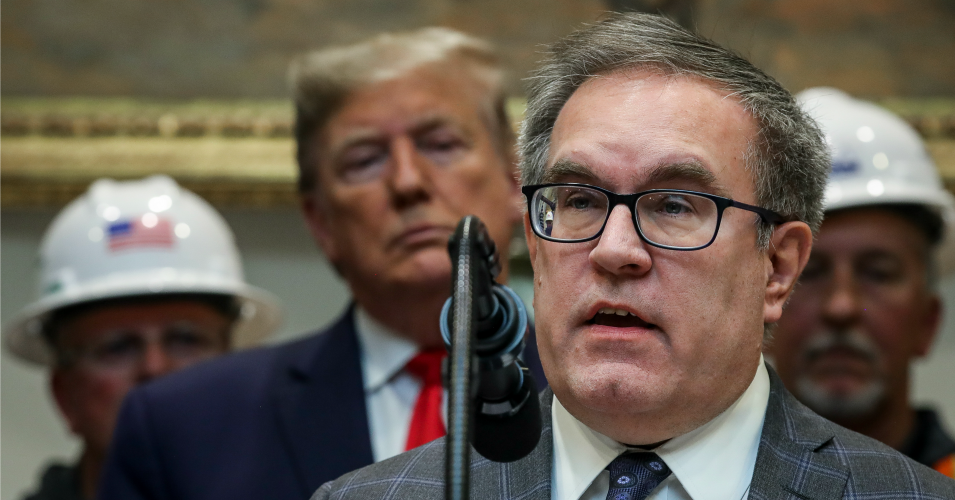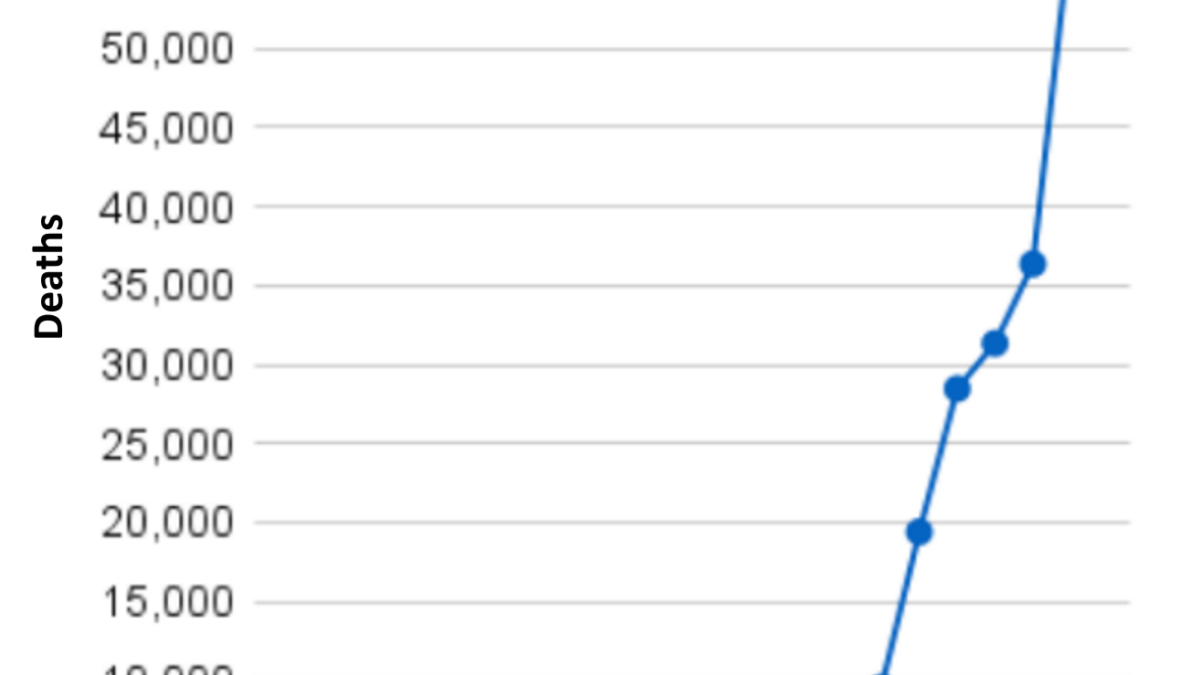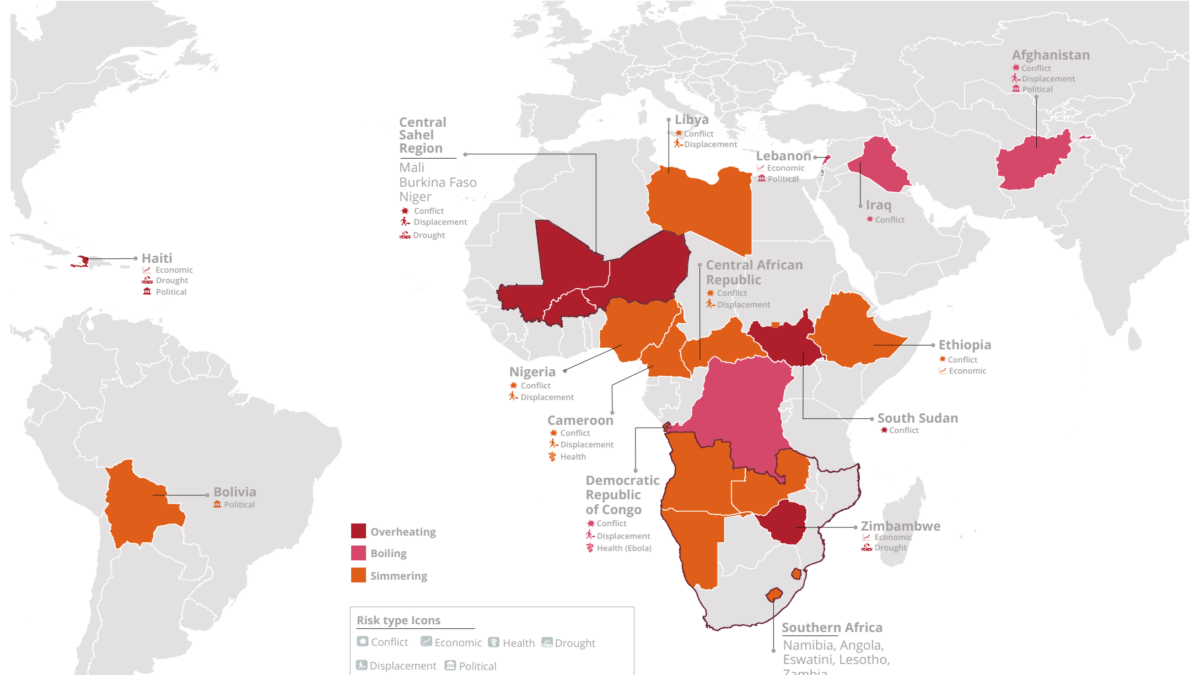On frontier of new “gold rush” quest for coveted EV metals yields misery – “I am frustrated. But even more than that, I have lost hope.”
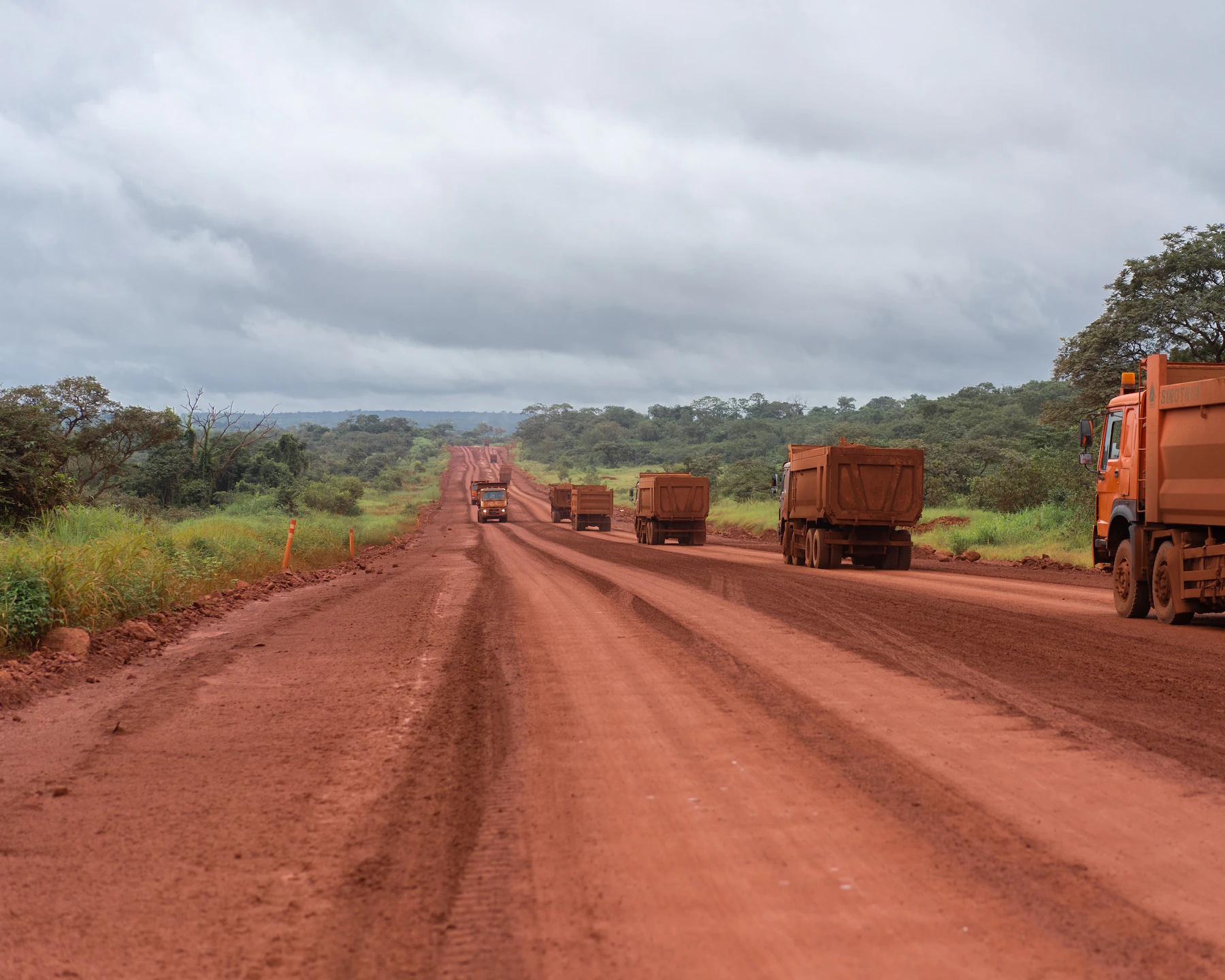
By Rachel Chason and Chloe Sharrock
27 April 2023
KAGBANI, Guinea (The Washington Post) – One of the poorest countries on Earth has become a crucial player in the world’s green-energy transition.
Guinea, a West African nation of more than 13 million people, is home to the world’s biggest reserves of bauxite — a reddish-brown rock that is the main source of aluminum. That lightweight metal, in turn, is essential for electric vehicles because it allows them to travel farther without recharging than if they were made of steel. And over the current decade, when experts expect global sales of EVs to increase almost ninefold, demand for aluminum will jump nearly 40 percent, to 119 million tons annually, industry analysts say.
Guinea is already seeing an unprecedented boom in its bauxite exports, which increased almost fivefold from 2015 to 2020, according to U.S. government statistics, and analysts predict production will continue to increase dramatically over the next decade. The country’s northwestern region of Boké, at the epicenter of the bauxite fervor, has been transformed by a relentless stream of trucks and trains hauling the precious ore along newly built roads and tracks to coastal ports.
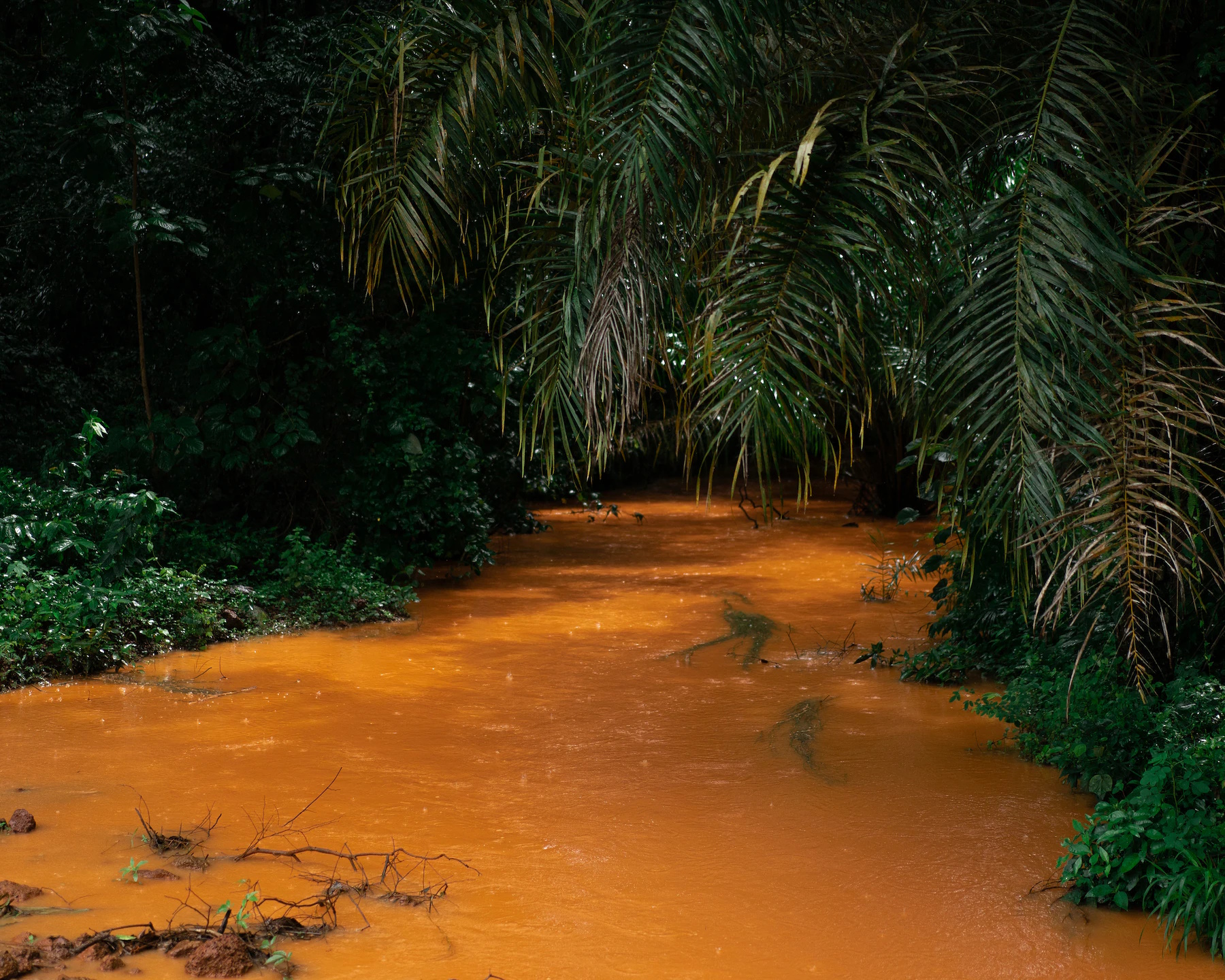
But across Boké, thousands of villagers are paying a steep price, according to dozens of interviews with residents of six villages in the region, nonprofit monitoring groups and industry experts. The Guinean government has reported that hundreds of square miles once used for farming have been acquired by mining companies for their operations and associated roads, railways and ports. Villagers have received little or no compensation, rights activists and locals say. In the next two decades, according to a government study, more than 200,000 acres of farmland and 1.1 million acres of natural habitat will be destroyed by bauxite mining — an area almost the size of Delaware.
The breathtaking demand for EVs — which typically require six times the mineral input by weight of their fossil-fuel-burning counterparts just to make them go — is driving a new “gold rush” for an array of metals, including bauxite, nickel, lithium, and manganese, needed to build and power them. But while EVs are widely considered essential for global efforts to tackle climate change, the costs and unintended consequences of securing these minerals have often been overlooked. There has been little recognition of the toll this mining is taking, and could increasingly take, on local communities, workers, the environment and even political stability, because much of the activity is occurring in remote corners of the world, from fishing villages in West Africa to far-flung islands in Southeast Asia.
Without a full accounting, the green-energy transition risks repeating the cruel history of previous industrial revolutions.
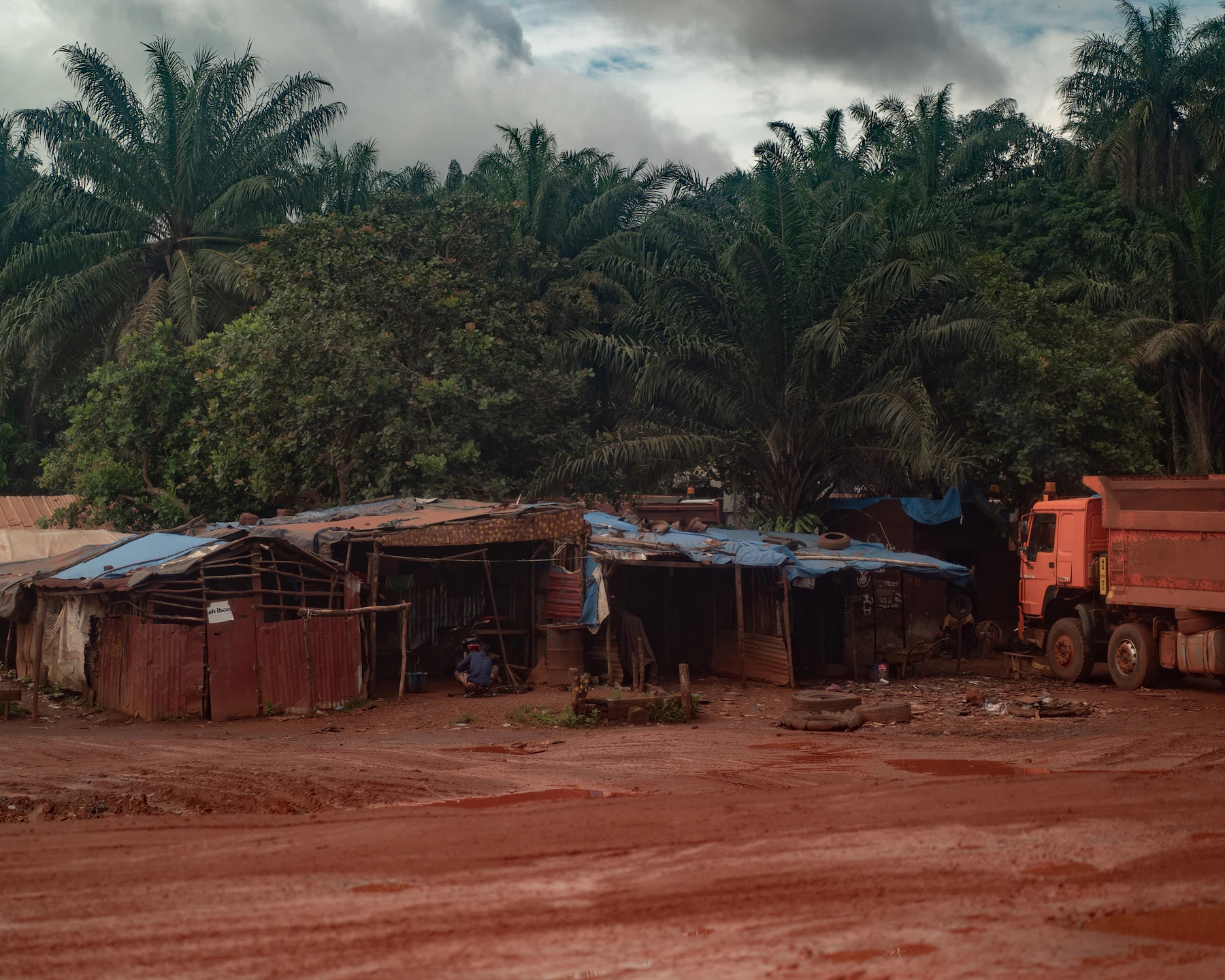
When a Chinese mining firm first arrived in 2016 in this Guinean village near the Atlantic coast, company representatives and government officials offered residents jobs and cash in exchange for hundreds of acres of their farmland, villager Mohamed Sylla recalled. The residents felt compelled to accept.
Soon after, dynamite blasting to forge a road for the bauxite mine shattered the concrete walls of Sylla’s house, sending his wife fleeing for safety and forcing his family to move. Over the years that followed, he said, he watched as thick layers of dust from trucks hauling bauxite destroyed villagers’ harvests of eggplant, corn and cashews and as barges transporting the ore abroad chased away once-plentiful fish.
In interviews, women in northwestern Guinea said they now despair over paltry harvests, and fishermen, like 30-year-old Sylla, said they draw in hauls so small they can barely make a living. Villagers said the jobs they were promised by the Société Minière de Boké — a consortium including a subsidiary of the world’s largest aluminum producer, China Hongqiao Group — never materialized. The cash payments have proved to be deeply disappointing.
“I am frustrated,” said Sylla, his eyebrows arched above his dark sunglasses as his voice alternated between agitation and quiet resignation. “But even more than that, I have lost hope.”
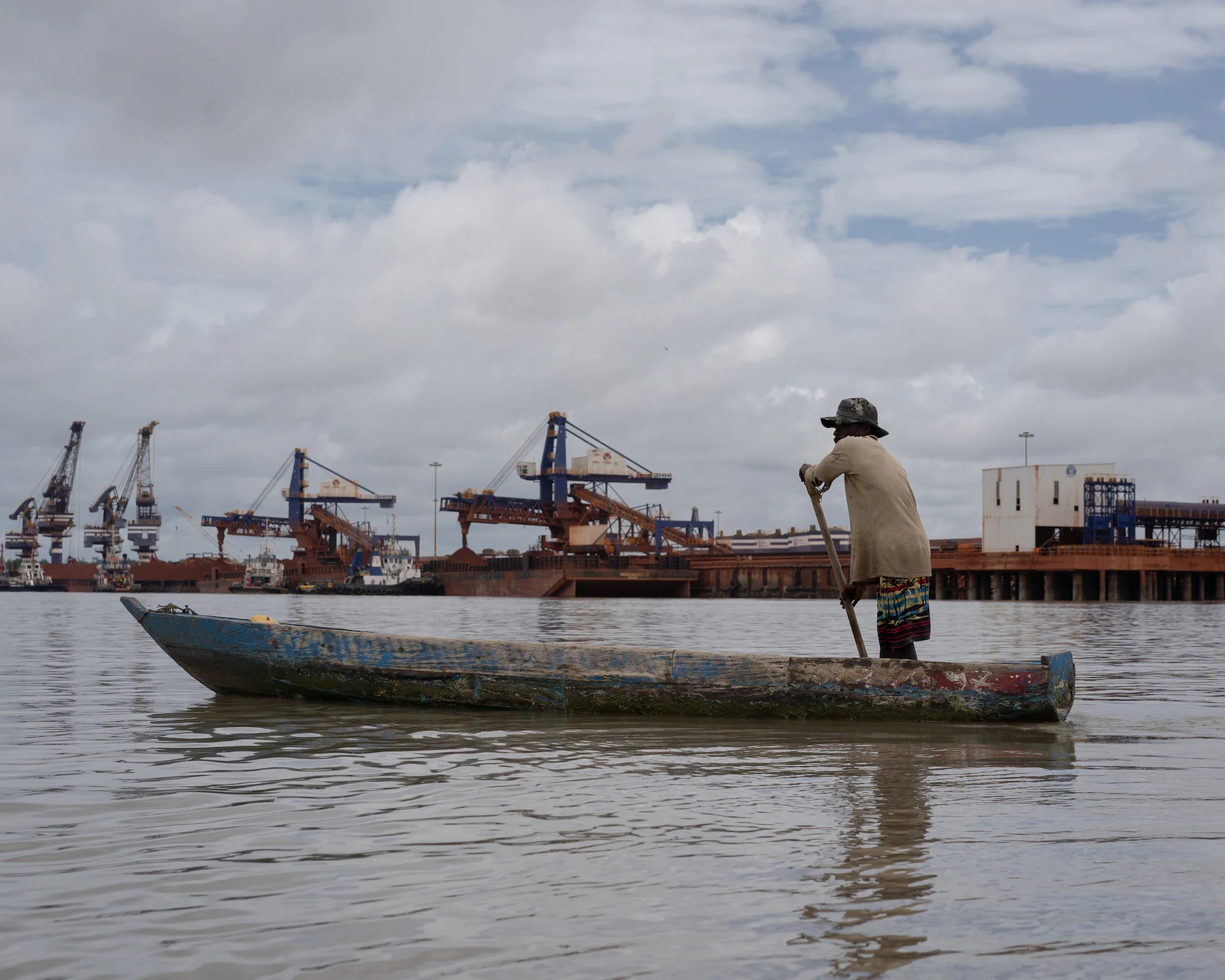
Runoff from the mine road rendered water in many of the rivers and streams undrinkable, Sylla and other villagers recounted.Then, last year, the water pump the mining company had built for the villagers broke. Kagbani was out of water.
Sylla said it wasn’t hard to rally the locals in response. The villagers headed to SMB’s train tracks — which the company added in 2021 as an additional means of transporting the ore — locked their arms and refused to move.
After two days of protest — one of many demonstrations across the region in recent years — the company delivered a new water pump, Sylla said. Villagers left the tracks, but Sylla said the paltry water supply was little consolation for what they had lost. [more]
On frontier of new ‘gold rush,’ quest for coveted EV metals yields misery
